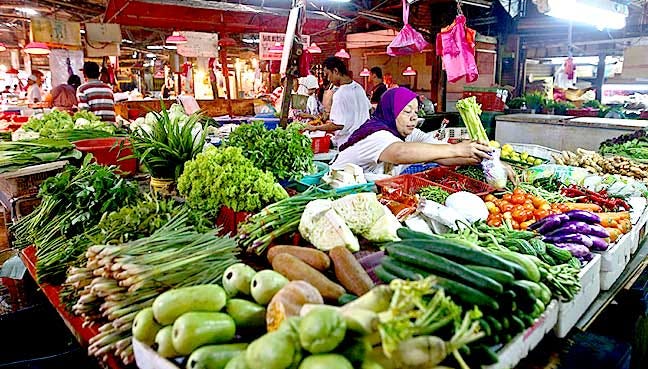Tax Identification Number (TIN) could stifle the informal economy
Those living hand-to-mouth will find difficulties
Malaysia’s informal economic sector which millions of citizens depend upon for a living is under threat by the government’s initiative to widen the tax base. The Tax Identification Number or TIN system will force transparency of transactions within Malaysia’s informal sector, estimated to be 25.3 percent of GDP. This covers 2.66 million people or 17.4 percent of the total workforce. The 2020 census found that the informal sector is made up of the most vulnerable groups that rely on daily income and are the most uneducated in the country.
The government first announced this initiative in the 2022 budget last year. There is an expectation that the TIN system will dramatically widen the tax base, and thus a very important measure to cover declining tax revenue due to the economic slowdown during the pandemic. Tax revenue maximization is necessary to assist the budget cover its record spending in the 2023 budget.
Anyone who currently doesn’t have a Tax File Number with the Lembaga Hasil Dalam Negeri (LHDN), or Inland Revenue Board, is compelled to apply for a TIN. Even those who don’t earn any income are also required to apply for a TIN, unless they are retirees without income, or full-time students.
A TIN is also required for those opening bank accounts and banks are already requesting those who already have bank accounts to submit their TIN to the bank. TIN are also required on all contracts and legal documents. This will allow the LHDN to match data easily with individuals, and make independent income assessments of sole traders, partnerships, companies, societies, and individuals.
The TIN system is expected to expand the tax base substantially, and will affect all those already engaged within the informal economy. This means that all cash-based businesses within pasar malams, markets, kedai runcits, stalls, petty food vendors, smallholder farmers, handy-persons, and the like, will now be subject to tax assessment by the LHDN.
The TIN system will affect all those on spasmodic daily wages, that are their prime source of income. Businesses will now find it more difficult to make cash payments to these workers outside of the SOSCO and EPF systems.
The TIN system will catch all micro-businesses that live hand-to-mouth just to survive. This could potentially decrease their incomes by 15-20 percent, and wipe out the benefit of any extra payments the budget provided them through BKM payments.
Unfortunately, the LHDN has been silent about the scope of the TIN system among the lowest income groups within the B40.
In order to avoid scrutiny of the TIN system, petty traders and those on daily wages will be forced to hoard cash, rather than bank it.
The most undesirable aspect of the TIN system is that it will drive petty businesses further underground, where it will be much harder for them to break out of poverty. At the extreme, the TIN system could lead to physical banknote shortages as cash becomes hoarded outside the banking system.
The TIN system is used over zealously by LHDN officers could even increase the incidence of poverty among vulnerable groups in society. This could turn the LHDN into the Rakyat’s enemy.
Subscribe Below:




